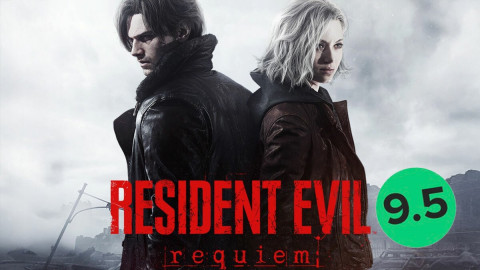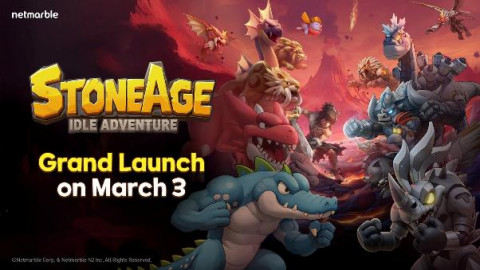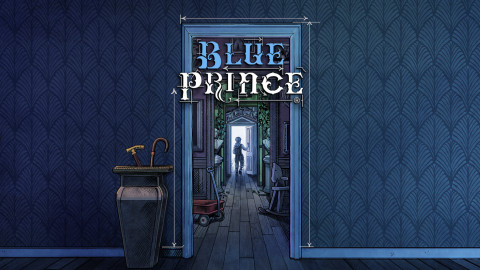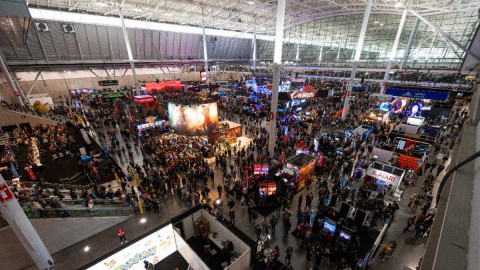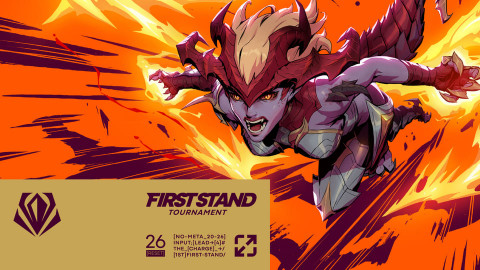
Disclaimer : The following article was written freely based on the author's opinion, and it may not necessarily represent Inven Global's editorial stance.
Microsoft’s latest console, the Xbox One X, releases on November 7, and the company is touting it as a technological marvel. The most advanced game system ever created, it’s capable of running games in full 4K resolution and 60 frames-per-second, which the PlayStation 4 Pro simply can’t do with the majority of its library. The Xbox One X was scheduled to launch alongside a big-name console exclusive, Crackdown 3, which aims to take full advantage of the console’s power as well as Microsoft’s impressive cloud computing system. Just a few months before launch, however, Microsoft made the decision to delay Crackdown 3 into next spring, giving players only Forza Motorsport 7 this holiday season to show off the full power of the Xbox One X – if you’re not into racing games, there isn’t a great reason to pick up the system. And without Microsoft making significant additions to its internal game studios, we’ll likely see several more holidays like this one.
Throughout this console generation, Microsoft has attempted to persuade third-party companies into developing content exclusive to Xbox One, and more recently, Windows 10, as well. There have been success stories like Sunset Overdrive and Rise of the Tomb Raider, but more often than not, Microsoft’s games have failed to live up to the quality benchmark set by PlayStation, and perhaps more importantly, the benchmark set by Microsoft itself with the Xbox 360. Anticipated console exclusive Quantum Break, developed by Remedy Entertainment, largely disappointed with bare-bones third-person shooting and several bugs. Crytek’s Ryse: Son of Rome was little more than a showcase of the Xbox One’s power, and Armature and Comcept’s ReCore was an unfinished, sloppy game that needed significantly more time in the oven. The only third-party Xbox One console-exclusives that have consistently receive rave reviews are the Forza Horizon games, and this is likely because developer Playground Games has, up to this point, worked on the series exclusively.

In contrast, Microsoft’s own studios have been largely successful this generation. Halo 5: Guardians didn’t receive the same glowing reviews as the original trilogy, but it built on the previous games’ ideas and introduced several welcome changes to multiplayer, while the shift to internal development for Gears of War 4 paid off with an excellent competitive mode and a horror-inspired campaign that was reminiscent of the original game. The problem is that Microsoft has increasingly relied on these two franchises to move Xbox One systems, and we haven’t seen much evidence that it’s supporting its most popular franchises with other new games made by first-party developers. There’s little room for surprise at Xbox press conferences anymore – 343 and The Coalition are tied up with Halo and Gears of War, Turn 10 is working on the next Forza, and Mojang is synonymous with Minecraft.
The only real wild card is Rare, which has begun to show promise with the upcoming pirate adventure Sea of Thieves. Open-world with competitive and cooperative multiplayer elements, it’s unlike anything else in the industry and taps into Rare’s classic humor like we haven’t seen in years, but it’s just one game. The PlayStation 4 has consistently received several acclaimed console exclusives each year. So far this year, Nioh, Nier: Automata, Horizon: Zero Dawn, Nex Machina, and Hellblade have already released to great reviews, and none of them are playable on Xbox One.
Sony has a sizeable sales lead this generation that has certainly attracted third-party developers, particularly in Japan, but its lineup of games produced in-house is just as impressive. The Last of Us: Part II, God of War, Days Gone, Uncharted: The Lost Legacy, and MLB: The Show are all developed by Sony-owned teams, and it’s no wonder why they look so impressive. They’re each handled by a studio that can put its head down and focus on its project, guided by directors and management that have worked on the same franchises for years. Naughty Dog understands what makes the Uncharted series successful, and it’s able to build on that for future installments. Even Knack II, the sequel to a less well-received game, is being created by the same key developers, who are able to learn from past mistakes and create a more impressive follow-up.

And what has Microsoft done to become more competitive over the last few years? Almost nothing – in fact, multiple first-party studios have been closed. U.K.-based Lionhead Studios, the developer responsible for the Fable series, closed its doors in 2016. Halo Wars developer Ensemble shut down in 2009, leading to Microsoft outsourcing its sequel to Creative Assembly. Even Twisted Pixel – the studio behind The Gunstringer – was cut loose following the critical bashing it received for LocoCycle. Unlike the other two, it’s at least still operating independently. The toughest loss, of course, was Bungie, which regained its independence while still working on the original Halo trilogy. It’s likely that the studio would have wanted to work on Destiny regardless of whether or not it remained a subsidiary, but just imagine how popular the Xbox One could have been if the series were exclusive.
There isn’t some magical fix that will drastically and instantly improve Microsoft’s gaming reputation, but Phil Spencer and his team, as well as executives at Microsoft, need to bolster its studios substantially. This means not only bringing in more employees so that the majority of work can be done in-house, but also the creation of new studios that will be able to work on exciting new IP – much like Black Tusk was supposed to be doing before it was renamed The Coalition and tasked with developed Gears of War 4. But that would have just been one game. Fans deserve multiple high-profile exclusives every year, just like PlayStation 4 players receive, and that is all but impossible without a strong internal development team. Without this in place, we’ll see more Crackdown 3 scenarios in the future, where several outside companies fail to create a cohesive experience or even release the game at its scheduled launch date. That’s not to say that third-party developers should never have the chance to create an exclusive for Microsoft, but it should be the exception rather than the rule.

Sort by:
Comments :0


